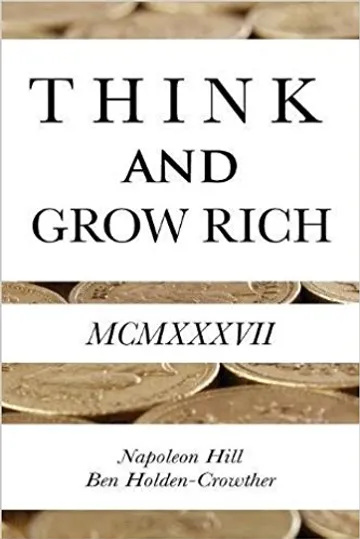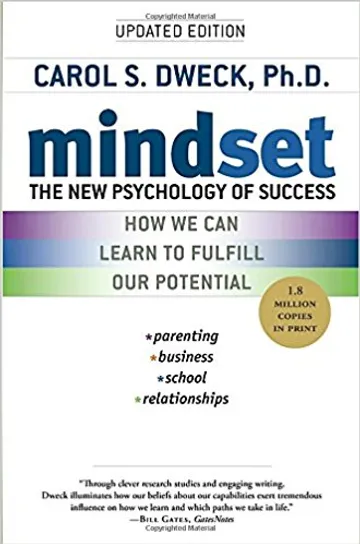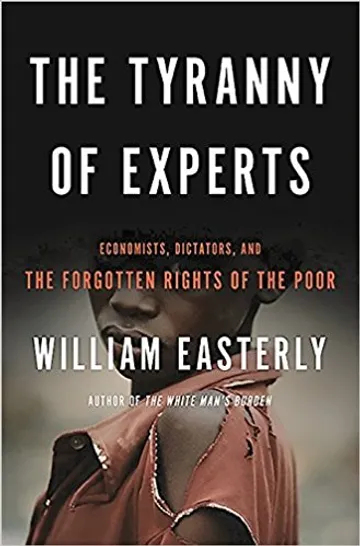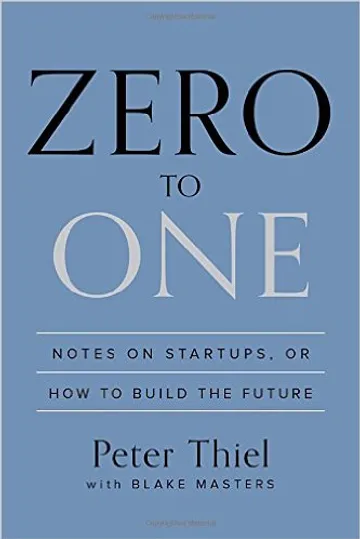Don't see an advisor you admire? Let's add him to the database! - Request
Rendors (2)
1
Forbes World's Most Powerful People
1
Fortune 500 CEO
1
TIME 100: Most Influential People
1
Tim Ferris Show Guest

Charles Koch
July 31, 2016
CEO Koch Industries
Tim Ferris Show Guest
Fortune 500 CEO
Forbes World's Most Powerful People
TIME 100: Most Influential People

Subscribe to Blog and Updates:
Popular advisors

Mark Zuckerberg
Rendors given:
27
.jpg.webp)
Daniel Pink
Rendors given:
133

Marc Andreessen
Rendors given:
78

Tim Cook
Rendors given:
11

Seth Godin
Rendors given:
89
Popular books

Think and Grow Rich
Rendors:
16

Mindset: The New Psychology of Success
Rendors:
23

Moby Dick
Rendors:
27

Dune
Rendors:
21



